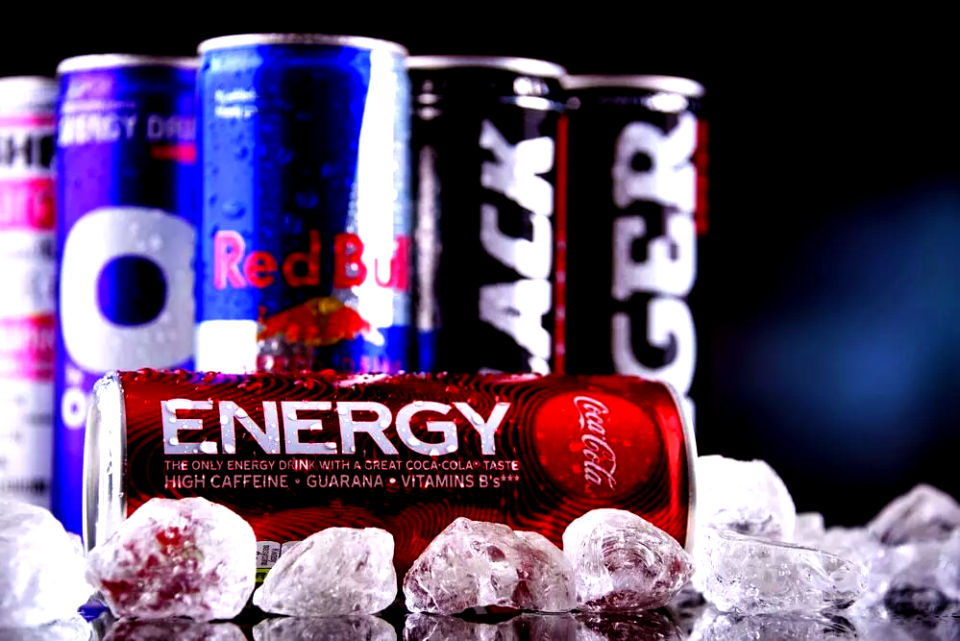Energy drink consumption has been on the rise, particularly among teenagers and young adults. These drinks are known for their stimulating effects on mental alertness and physical strength, as well as their sweet taste. However, it’s important to be aware of the potential health risks associated with frequent energy drink consumption.
One of the main ingredients in energy drinks is caffeine, which acts as a stimulant on the central nervous system. While caffeine is naturally found in tea and coffee, the amount present in energy drinks is often higher. Caffeine is considered a toxicant and can pose health dangers to humans.
Excessive consumption of energy drinks, especially those high in sugar, can contribute to the development of diabetes. Additionally, it can lead to obesity due to the high caloric content of these beverages.
The presence of caffeine in energy drinks can also negatively impact cardiovascular health. Caffeine restricts the ability of blood vessels to expand, potentially leading to high blood pressure and an increased risk of heart-related diseases such as heart attacks.
Moreover, frequent consumption of energy drinks can cause damage to other vital organs in the body, further compromising overall health.
Another concerning health effect is atrial fibrillation, a condition characterized by an abnormal, rapid heart rhythm. When blood flow is impaired, it can result in the formation of clots, which may lead to stroke.
To mitigate these health risks, medical experts advise limiting energy drink consumption to occasional occasions, and not exceeding more than one drink per day. This helps reduce the likelihood of developing adverse health effects associated with excessive consumption.
SOURCE: Rhino News
IMAGE: The Guardian



